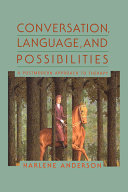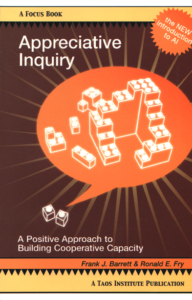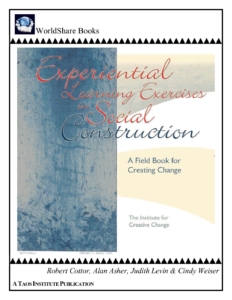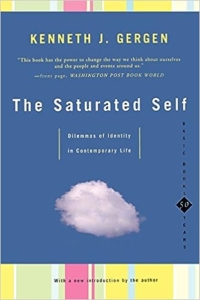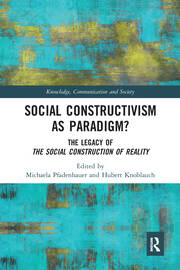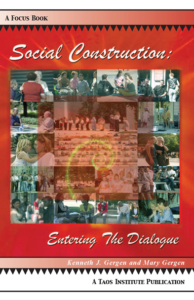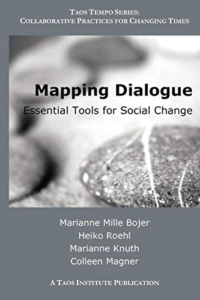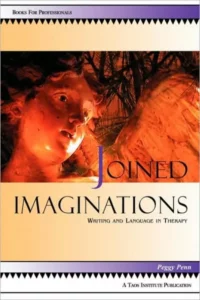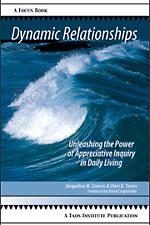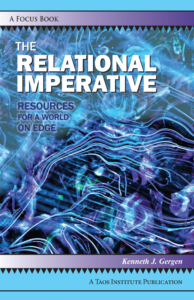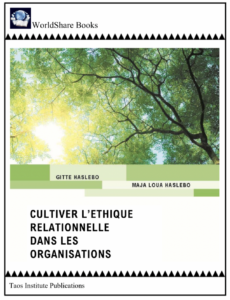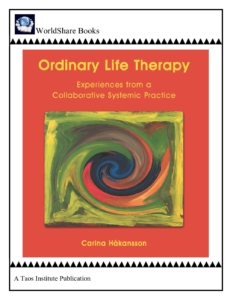

Meeting Alain Robiolio – Transforming our model
Social constructionism demonstrates that we are relational beings. When Alain discovered the richness of social constructionism, he saw it as an extraordinary way out of the traditional and unsuccessful model bequeathed to us by the Enlightenment. Appreciative Inquiry, which grew out of it, suggests that it is possible to dialogue to express our dreams and build a shared dream—another revelation. Dialogue is essential to “fill the gaps in a world where everything is separate, to connect for the living”.
Of course, it is not a straight line, “to draw a straight line in a field is to forget the whole dimension of the field”, it is a tribute to the appreciative approach to underline the singularities and the twists and turns of each experience.
Referring to Alfred Hitchcock, Alain shows that every story has changing and unforeseen situations, surprises caused by some while others experience them, and suspense that leaves some unaware of what will happen. A lively appreciative process contains, like a good film, these elements.
It is all the more true in a world where anxieties abound, whether it be the economy or democracy confronted with the rise of totalitarianism, predation, and exploitation of our earth to the point of making it uninhabitable and even music that sometimes becomes inaudible!
Faced with such anxieties, trying to reduce the catastrophe is futile. Adapting the existing model will not be enough; it will be necessary to transform it.
To do this, organizations and groups of people must be able to express their dreams while getting to know those of others. It is the only way to overcome the opinions and beliefs that oppose each other, sterilizing thought and making action impossible.
Discovering what is fundamental in the other person requires detachment from one’s opinions and certainties. It is a question of knowing how to abandon oneself, “by falling back, one rises again”, and of learning to strip oneself of all possessions to open oneself to the other.
Alain, therefore, emphasizes the demands made on the appreciative practitioner, “being AI” is a lifetime’s work, but what a joy it is to progress along this path!
Harlene Anderson
Conversation, Language, And Possibilities: A Postmodern Approach To Therapy
Basic Books, 1997
Frank Barrett, Ronald Fry
Appreciative Inquiry: A Positive Approach to Building Cooperative Capacity
The TAOS Institute, 2005
Robert Cottor, Alan Asher, Judith Levin, Cindy Weiser
Experiential Learning Exercises in Social Construction: A Field Book for Creating Change
The TAOS Institute, 2004
Kenneth Gergen
The Saturated Self, Dilemmas of Identity in Contemporary Life
Basic Books, 1991
An Invitation to Social Construction
Sage, 1999
Realities and Relationships
Harvard University Press, 1994
Kenneth Gergen, Mary Gergen
An Invitation to Social Construction
TAOS 2004
Marianne Mille Bojer, Heiko Roehl, Marianne Knuth, Colleen Magner
Mapping Dialogue: Essential Tools for Social Change
The TAOS Institute, 2008
Peggy Penn
Joint Imaginations: Writing and Language in Therapy
The TAOS Institute, 2009
Jacqueline Stavros, Cheri Torres
Dynamic Relationships : Unleashing the Power of Appreciative Inquiry in Daily Living
The TAOS Institute, 2005
In the TAOS Institute’s worldsharebooks :
Kenneth Gergen
The Relational Imperative : Resources for a World on Edge
Gitte Haslebo, Maja-Loua Haslebo
Practicing Relational Ethics in Organizations
Carina Håkansson
Experiences from a Collaborative Systemic Practice


